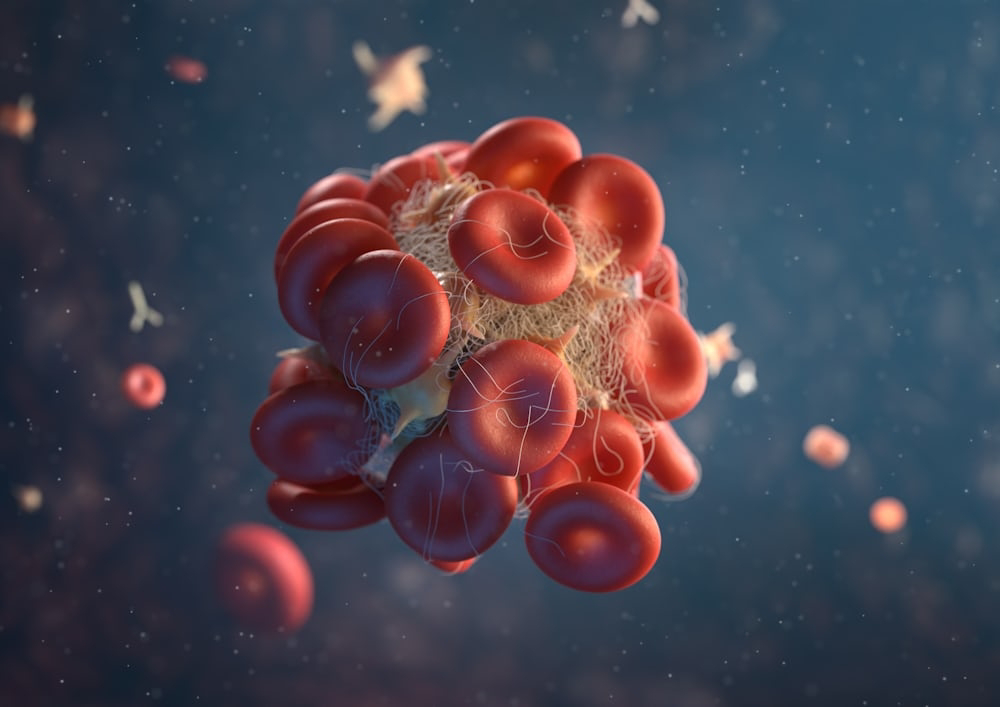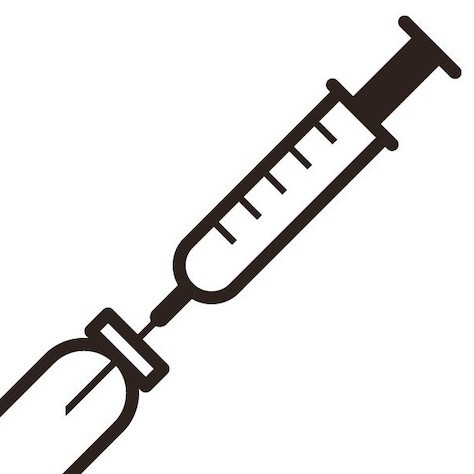Factors That Lower Testosterone Levels in Men
Testosterone is a critical hormone in men, influencing various aspects of health including muscle mass, bone density, mood, and sexual function. Understanding what can lower testosterone levels is crucial for maintaining optimal health. This article delves into the various factors that can negatively impact testosterone levels in men.
1. Aging
Natural Decline with Age:
- Testosterone levels naturally decline with age. Starting around age 30, testosterone levels drop by about 1% per year.
- Reduced levels of luteinizing hormone (LH), which stimulates testosterone production, also contribute to this decline.
Impact:
- Decreased libido, muscle mass, and bone density.
- Increased body fat and risk of osteoporosis.
2. Obesity
Mechanism:
- Excess fat, particularly visceral fat, can convert testosterone into estrogen through the enzyme aromatase.
- Insulin resistance, often associated with obesity, can impair the production of gonadotropin-releasing hormone (GnRH), which is essential for testosterone synthesis.
Impact:
- Lower testosterone levels and higher estrogen levels.
- Increased risk of cardiovascular diseases and diabetes.
3. Sedentary Lifestyle
Lack of Physical Activity:
- Regular physical activity stimulates testosterone production. Weight lifting and high-intensity interval training (HIIT) are particularly beneficial.
- Sedentary behavior, on the other hand, can lead to increased body fat and decreased muscle mass, both of which are associated with lower testosterone levels.
Impact:
- Reduced muscle mass and strength.
- Increased body fat percentage.
4. Poor Diet
Nutritional Deficiencies:
- Low levels of zinc, magnesium, and vitamin D can impair testosterone production.
- Diets high in processed foods, sugars, and unhealthy fats can lead to obesity and insulin resistance, further lowering testosterone levels.
Impact:
- Lowered libido and sexual function.
- Increased risk of metabolic disorders.
5. Stress
Chronic Stress and Cortisol:
- Chronic stress leads to elevated levels of cortisol, a hormone that can inhibit testosterone production.
- Stress can also disrupt sleep, further impacting testosterone levels.
Impact:
- Decreased libido and erectile function.
- Increased risk of anxiety and depression.
6. Sleep Deprivation
Importance of Sleep:
- Most testosterone release occurs during sleep, particularly during REM (rapid eye movement) sleep.
- Inadequate sleep reduces the amount of REM sleep, leading to lower testosterone levels.
Impact:
- Reduced energy levels and mood disturbances.
- Increased risk of obesity and metabolic syndrome.
7. Alcohol and Substance Abuse
Alcohol Consumption:
- Excessive alcohol intake can damage the Leydig cells in the testes, which produce testosterone.
- Alcohol can also increase the conversion of testosterone to estrogen.
Substance Abuse:
- Anabolic steroids and other substances can disrupt the body's natural hormone balance, leading to decreased endogenous testosterone production.
Impact:
- Lower libido and sexual performance.
- Increased risk of liver disease and other health complications.
8. Medical Conditions
Chronic Illnesses:
- Conditions such as diabetes, kidney disease, and liver disease can impair testosterone production.
- Inflammatory conditions and infections can also impact testosterone levels.
Impact:
- Increased fatigue and decreased physical performance.
- Higher susceptibility to further health issues.
9. Medications
Pharmaceuticals:
- Certain medications, including opioids, glucocorticoids, and some antidepressants, can lower testosterone levels.
- Chemotherapy and radiation therapy for cancer can also damage the testes and reduce testosterone production.
Impact:
- Reduced sexual function and energy levels.
- Potential long-term health consequences.
10. Environmental Toxins
Endocrine Disruptors:
- Exposure to chemicals such as phthalates, bisphenol A (BPA), and pesticides can disrupt hormone production.
- Heavy metals like lead and mercury can also negatively impact testosterone levels.
Impact:
- Lower fertility and increased risk of testicular cancer.
- Potential developmental issues in offspring.
Maintaining healthy testosterone levels is essential for overall well-being in men. While some factors such as aging are inevitable, many others can be managed through lifestyle changes. Regular exercise, a balanced diet, stress management, and avoiding harmful substances are key strategies. Additionally, addressing underlying medical conditions and minimizing exposure to environmental toxins can help maintain optimal testosterone levels.






Comments
Post a Comment